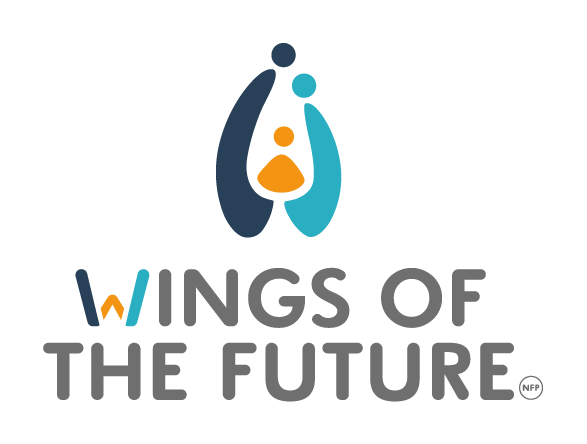Crossing the Treacherous Bridge to Codependency: Exploring Self-Blame, Blame, and Pity
Introduction:
In the complex landscape of human relationships, there exists a bridge that many unwittingly traverse, only to find themselves stranded in the murky waters of codependency. This treacherous bridge is constructed from the fragile materials of self-blame, blame, and pity, rendering it unstable and perilous to navigate.
Codependency, often misunderstood and underestimated, is a dynamic where individuals develop an unhealthy reliance on each other for their sense of self-worth and identity. It's a toxic dance where one person's needs, desires, and emotions become enmeshed with those of another, leading to a cycle of dysfunction and dependency.
At the core of this phenomenon lies self-blame – a relentless whisper that convinces individuals that they are inherently flawed and unworthy. Whether stemming from childhood experiences, societal pressures, or past traumas, self-blame lays the groundwork for a distorted self-image and an insatiable need for external validation.
As individuals step onto the bridge to codependency, they often find themselves accompanied by blame – a poisonous companion that assigns fault and responsibility with reckless abandon. Blame creates a rift between partners, fostering resentment and animosity as each party seeks to absolve themselves of guilt while pointing fingers at the other. This toxic cycle perpetuates feelings of inadequacy and fuels the flames of codependency.
Yet, perhaps the most insidious aspect of this journey is the allure of pity. Pity masquerades as empathy, drawing individuals deeper into the web of codependency under the guise of compassion. It whispers sweet promises of validation and significance, luring individuals into a false sense of security as they cling to the role of the victim.
But amidst the chaos and confusion, there is hope. The first step in dismantling the bridge to codependency is awareness – a courageous acknowledgment of the patterns and behaviors that keep us bound. It requires a willingness to confront the demons of self-blame, to challenge the narratives that we have internalized, and to reclaim our sense of agency and self-worth.
From there, healing begins – a journey of self-discovery and self-love that requires patience, vulnerability, and grace. It involves setting boundaries, practicing self-care, and surrounding ourselves with healthy relationships that nurture and support our growth.
As we embark on this journey, let us remember that we are not alone. Together, we can dismantle the bridges that bind us and forge new paths towards freedom and fulfillment. It is a journey of courage and resilience, but the destination – a life of authenticity and empowerment – is worth every step of the way.
Krystal’s journey with empathy compelled her to write her book, ‘Deep Inner Soul Healing With Self-Empathy.’ Use this link to purchase a copy on Amazon: https://a.co/d/ibyzsYc
Krystal Boothe, LCSW -AUTHOR
CEO and Executive Director









100 Crescent Court Uptown, 7th Floor, Dallas, TX 75201
511 E John Carpenter Freeway, Irving, TX 75062
3901 Arlington Highlands Blvd Suite 200 Arlington, TX 76018
Licenced Therapist


